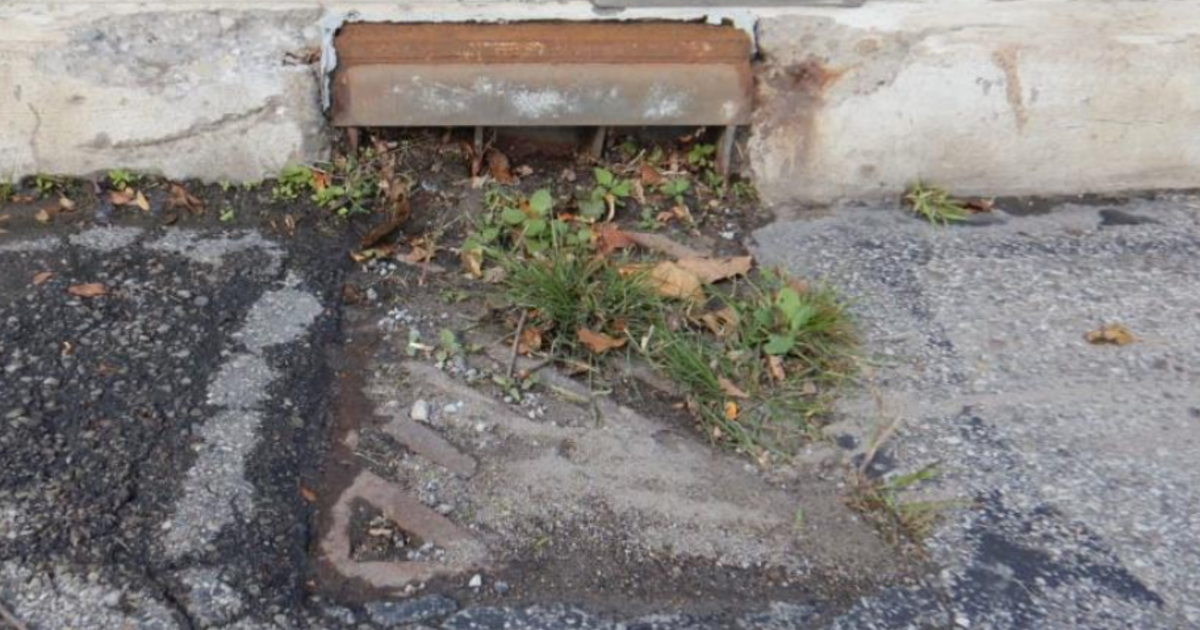AHN Program Using Alternative Treatments, Not Opioids, For Pain Management
PITTSBURGH (KDKA) -- Emmy has had chronic pain for 20 years along her spine and in her joints.
She had taken opiates in the past, but stopped. However, she still needed help.
Through Allegheny Health Network's Enhanced Pain Management Program, she got acupuncture, counseling and massage.
"Right afterwards, you feel kind of relaxed. And then maybe a little bit after that, you feel some relief," Emmy says. "That really helps me because she actually puts her hands on your body and works out the painful parts. And it's not a whole ton of relief. I think everyone is different with all these things. But it helps."
"A counselor will give you tools to help you manage your pain," she adds. "It's not a magic pill, it's not a magic cure, it's not one procedure. It's, like, multiple things."
While Emmy was not on narcotics when she came into the program, it can also benefit people who want to stop taking them, or who find themselves cut off.
"Some physicians are concerned about continuing to prescribe," says Dr. Jack Kabazie, a pain specialist at West Penn Hospital.
Some people hesitate getting help, because of the muscle pain, sweating, nausea and anxiety of opiate withdrawal.
"The potential is that they go to the street," Dr. Kabazie says. "We should be weaning the patient slowly off the opioids, and coming up with another treatment path."
The idea is to treat the entire patient, physically and psychologically, all in one place.
"We have addiction medicine, we have medication management, we have acupuncture, we have medical massage, we have nutrition, we have weight loss, we have medical marijuana," he said.
It's intensive, with the patient at the Pain Center near West Penn Hospital most days -- medical massage once a week for six weeks, acupuncture two times a week, group or individual therapy, then a reevaluation.
"In the meantime, we are weaning people off of opioids as we move through this program," Dr. Kabazie said.
Since august 2018, about 300 patients have been treated. Because the regimen is still evolving, success rates haven't been tracked. But Dr. Kabazie has seen improvement in the patients' anxiety, depression, and function scores. Also, opioid use in total is down by 15 percent.
"We're moving in the right direction," he says, "There has to be a metric that we can actually say this is working.
Insurance companies are looking for that metric, that data point, that number. Without it, coverage is inconsistent.
"Getting someone to change their behavior -- you can't do that in a week, a month, sometimes a year. Progress and not perfection, as we say in the addiction world," Dr. Kabazie said.
Luckily for Emmy...
"My doctor told me that there is a special grant and I was able to get these three things and they weren't any charge," she said.
And if the grant runs out one day?
"After that, I guess we'll just wait and see what happens," Emmy said.



